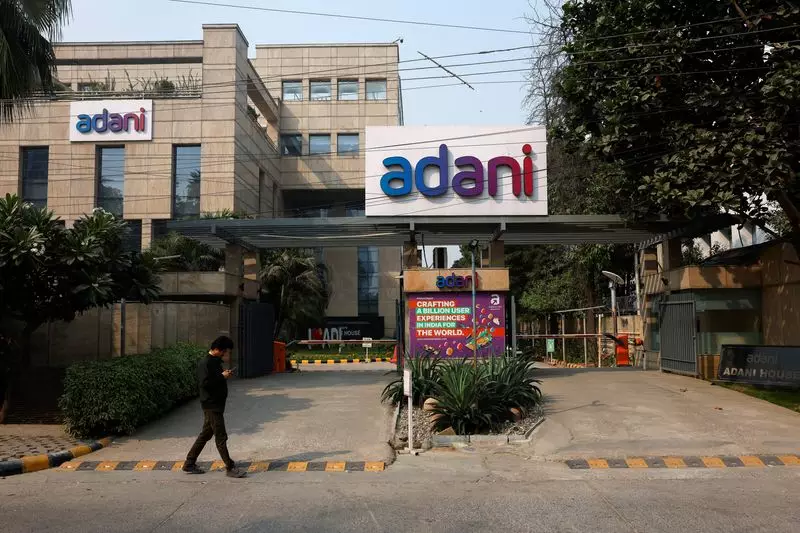The Adani Group, a colossal player in India’s diversified industrial landscape, finds itself increasingly mired in controversy following significant bribery and fraud allegations. Recent reports reveal a substantial decline in the value of Adani’s dollar bonds, reaching levels not seen for almost a year. With U.S. authorities leveling serious charges against company officials, including billionaire chairman Gautam Adani, investors are reassessing their positions in what was once perceived as a robust powerhouse of Indian commerce.
The Allegations Unfold
Last week, Gautam Adani and seven other individuals within the organization were accused of conspiring to offer approximately $265 million in bribes to Indian government officials. These funds were purportedly meant to secure lucrative contracts projected to generate around $2 billion in profits over the next two decades. Moreover, these claims suggest that misleading public statements were made while the group was under investigation, raising significant questions about the corporation’s transparency and ethical practices.
These allegations originated amidst ongoing scrutiny from the U.S. Securities and Exchange Commission, which is conducting a parallel civil case. The stakes could not be higher; not only is the future of the company’s projects hanging in the balance, but so too is the reputation of one of India’s wealthiest businessmen. The Adani Group, through its official channels, has denied these allegations, labeling them as unfounded and vowing to explore “all possible legal recourse” in their defense.
The immediate reaction in the financial markets has been stark. In today’s Asian trading, bonds linked to Adani Ports and Special Economic Zone witnessed a decline, dropping between 1 to 2 cents. This trend was reflected similarly across debts from Adani Transmission, indicating a broader sell-off in the group’s financial instruments. The downturn in bond prices is a clear sign that confidence in Adani’s corporate structure is wavering, as the market reacts to the gravity of the accusations.
Specifically, bonds maturing in 2027 plummeted to 88.98 cents on the dollar, and their value has shed nearly 7 cents since the charges were disclosed. Longer-term bonds are not faring any better, with reductions ranging from 8 to 10 cents. Investors are understandably skittish, reflecting a heightened sensitivity to perceived risks associated with holding Adani securities.
The ripple effect of these allegations extends beyond bond markets into stock valuations. The company’s ten publicly listed stocks experienced a staggering loss of nearly $27.9 billion in market value over just two trading sessions. This dramatic downturn underscores the potential gravity of the situation—not only could this tarnish the Adani brand, but it may also dampen the spirit of foreign investment in Indian enterprises as a whole.
As the Adani Group navigates these turbulent waters, the resolution of these serious allegations will be crucial in determining the future of the conglomerate and its involvement in pivotal industries such as renewable energy and infrastructure development. The fallout from these claims could have long-lasting repercussions, not only for the Adani Group but for the image of business ethics within India. A close watch on forthcoming legal proceedings and their implications for corporate governance in India will provide valuable insights into how this saga unfolds.

